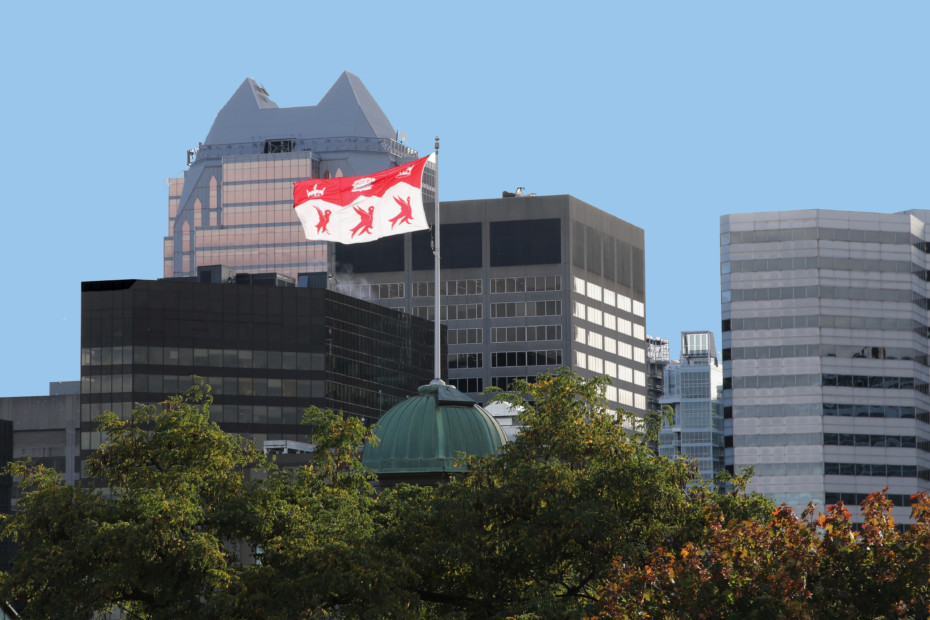
Over its 200-year history, McGill has planted deep roots in the local and international community. The revamped McGill in the Community website includes a new mission and content that highlights these deep roots. The expanded focus of the website includes new categories of engagement such as community-engaged learning opportunities for students, economic development partnerships and research in the community conducted by faculty and students.
“Community engagement is about building bridges and mutually beneficial relationships. It means opening doors for partnerships with non-profits, businesses, social and cultural organizations, and nurturing these collaborations to have a positive impact,” says Louis Arseneault, Vice-Principal (Communications and External Relations). “This website highlights some of the partnerships we have established with various community organizations – locally and globally.”
The website includes a wide range of new features, including a community map that highlights McGill’s partners and activities in Montreal, Quebec, and abroad. Users can read about the CHASM Incubator where students with initiatives addressing public-health issues among marginalized populations can win up to $1,000 in seed funding. These initiatives are developed with community organizations to ensure that the community’s needs are being met.
There is also a spot on the map for More than Words, a research-in-the-community project led by Distinguished McGill Professor Claudia Mitchell. The project is run by a team of student and faculty researchers and takes place in three field sites, Treaty 6, the Traditional Homeland of the Métis/Saskatoon; the northern community of Rankin Inlet; and Eskasoni on Cape Breton Island. Researchers use art and intergenerational mentoring to empower Indigenous young women, girls and LGBTQ2 youth to address sexual and gender-based violence and support survivors, families, and communities. Each youth group choose their own approaches, corresponding with their personal, cultural, and community values and they are supported by Indigenous community scholars on the ground.
The McGill in the Community site also has information on various events and activities that can be enjoyed around campus or from home. Visit the Redpath Museum to see dinosaurs or commune with nature at the Gault Nature Reserve or Morgan Arboretum. See performances from the Schulich School of Music, follow McGill’s bicentennial activities or learn how students are working with the latest medical simulation technologies.
By working together, McGillians, community organizations and businesses can contribute experiences, expertise, and knowledge to make substantial differences in our communities. Visit the updated McGill in the Community website to learn about the University’s partnerships and explore the many ways you can get involved.
